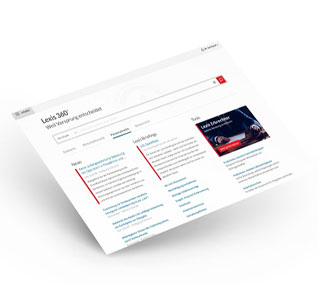If you want something done well, you go to a skilled professional. If you want to know your physical state of health you go to a medical doctor. If you want to know the financial health of your business you go to an accountant. If you want advice on a complex point of law you go to a lawyer. All of these people have something in common: they have been trained. Training is not the privilege of the few. Rather, it is the key to open many doors of opportunity and innovation. Nowhere is training more necessary than in the realm of options. Options are relatively complicated instruments with a high number of variables: they can be calls or puts; European or American Style; short-term or long-term; in the money or out of the money. The pricing formula on which they are based has its own mystique and contains such diverse elements as the underlying security price, the expiration and the marvellous, hard to measure ingredient x-volatility. With all these variables to consider, option trading is hardly the realm of the shambling shock-headed amateur: options traders have to be professionals.

Sie möchten den gesamten Inhalt lesen?
Melden Sie sich bei Lexis 360® an.
AnmeldenSie haben noch keinen Zugang?
Testen Sie Lexis 360® zwei Wochen kostenlos!
Jetzt testen!